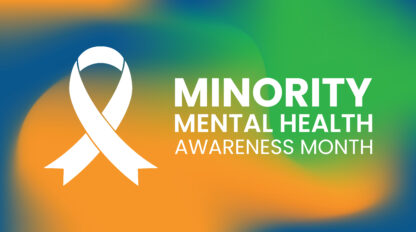What Are the Treatment Options for Eating Disorders?

Eating Disorder Treatment
Recognizing and addressing eating disorders is the critical first step on the journey toward recovery. Once individuals acknowledge disordered eating behaviors, the next challenge is understanding the best treatment options for eating disorders. Today, a wide range of evidence-based, highly personalized treatment paths support individuals in healing their relationship with food, body image, and mental health.

1. Professional Meal Support for Eating Disorders
One of the most effective interventions for eating disorder recovery is professional meal support. Trained providers work one-on-one to create personalized meal plans tailored to individual health needs and goals. These plans are supported by meal coaching, grocery store exposures, restaurant outings, and structured meal prep.
This kind of support helps individuals rebuild trust in food, reduce anxiety around eating, and foster long-term recovery. For people navigating anorexia nervosa, bulimia nervosa, binge eating disorder, and other diagnoses, meal support can be a key recovery tool.
2. Counseling and Therapy for Eating Disorders
Eating disorder therapy and counseling are vital components of treatment. Licensed therapists with expertise in eating disorder-specific modalities like CBT-E, DBT, and FBT provide individuals with tools to manage triggers, reduce harmful thoughts and behaviors, and address underlying emotional challenges.
Therapy is often offered in individual, family, or group formats and can be delivered in person or virtually. These services are critical in building a deeper understanding of disordered eating patterns and empowering individuals with healthier coping strategies.
3. Residential and Higher-Level Treatment Programs
For individuals with more severe or chronic eating disorders, live-in residential treatment programs or eating disorder recovery centers may be necessary. These programs offer 24/7 supervision, structured meals, medical support, and intensive therapy.
Detox programs and inpatient care can be life-saving for individuals at risk of serious health complications due to disordered eating or co-occurring mental health issues. These settings provide a safe space for stabilization and intensive recovery work.
4. Eating Disorder Support Groups and Peer-Based Programs
Eating disorder support groups—especially post-meal support groups—offer a powerful space for connection, accountability, and shared healing. These groups help participants reduce isolation and receive peer support during vulnerable times, particularly after meals when disordered thoughts tend to increase.
A 2022 study in the International Journal of Mental Health Nursing noted that post-meal support groups help young people manage distressing emotions and avoid compensatory behaviors such as purging or excessive exercise.
5. Virtual, Community-Based, and In-Home Support Services
Telehealth and AI-powered platforms now make recovery support more accessible than ever. Virtual therapy, remote meal coaching, and community-based services offer flexible, location-independent solutions for individuals who may not be able to access in-person care.
Eating Disorder Recovery with Intent Clinical
Intent Clinical provides high-quality, empathetic support for individuals navigating eating disorder recovery. Through virtual, community-based, and in-home meal coaching programs, Intent Clinical tailors recovery support to each client’s unique needs. We also connect individuals with top-tier professionals and programs to ensure a holistic, effective path toward long-term healing. Whether you’re seeking AI-enabled meal planning, therapy for eating disorders, or virtual eating disorder support, Intent Clinical is here to help guide your recovery journey.

